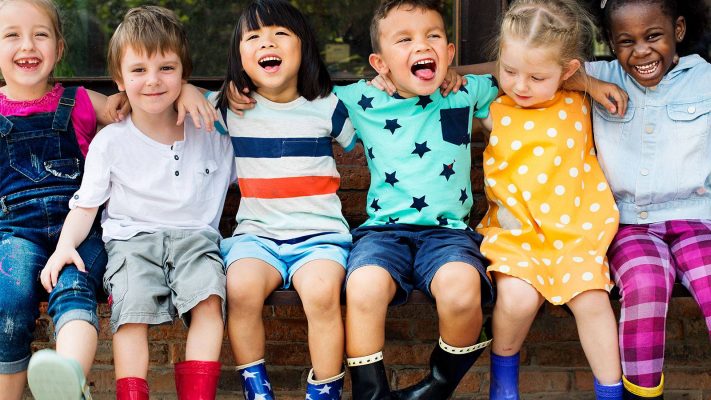According to Erik Erikson’s theory of psychosocial development, human beings go through 8 evolutionary stages to achieve harmonious and sustained development. From newborns we develop this ability through the consistency of the first care related to feeding, hygiene, sleep and emotional communication. A good starting point to expand confidence is the positive and confident attitude of the parents, because if they allow themselves to be invaded by fears and doubts about the dangers of the environment or about their own ability to respond to the challenges of parenting, the child You will perceive these anxieties, experiencing insecurity and distrust and ending up not trying anything to avoid taking risks. On the contrary, if parents are attentive to the baby’s needs and respond assertively, the child experiences confidence, gaining confidence to face the world. In this way he will be ready to develop autonomy, which is the challenge of the next stage.
Self confidence has an empowering effect on the child as it provides him with the energy and courage necessary to take on life’s challenges, make friends and gradually develop his autonomy. . Faced with a difficulty, a child who trusts in himself will think that he can achieve it and will hope to succeed, while the one who lacks confidence will be filled with fears and predictions. negative, anticipating their own failure.
It is very important to encourage and motivate children in the face of achievements, recognizing their effort, making them see that they can solve a situation. In this task we must differentiate between praising or praising and motivating. By motivating or encouraging we help children focus on the goal achieved (“You did a good job!”). While praising or flattering the focus is either self-centered (“You are the best!”) or extrinsically focused on the reward that would make you dependent on external rewards or approval.
The school is also an ally of parents, helping children and young people to strengthen their self-confidence. According to the International Baccalaureate definition with which we work at the Euroamerican College, having confidence means valuing one’s own ability to learn, apply what they have learned, accept risks with courage, and make good decisions.
Self-confidence is an essential value for human beings, as it allows us to take on challenges and face new situations. Let’s instill it from a young age.
Gloria E. Gurmendi, C.Ps.P. 625
Psychologist


